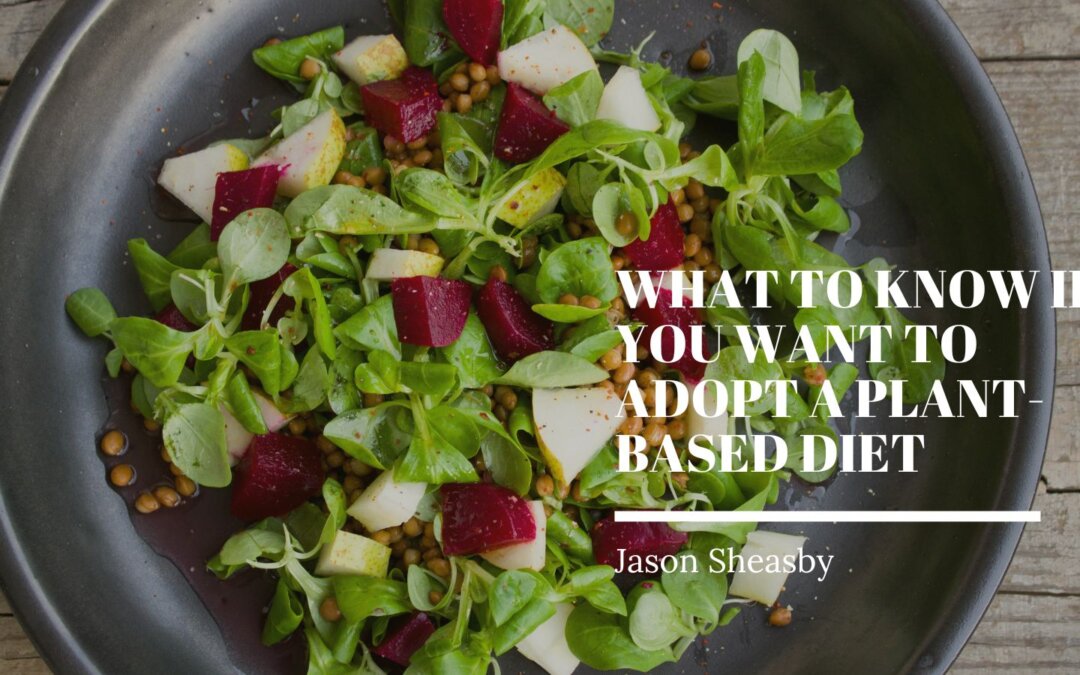Transitioning to a plant-based lifestyle can transform your health, the environment, and animals. But just like any significant lifestyle shift, it demands careful consideration and planning. Before diving into the world of fruits, vegetables, legumes, and grains, it’s crucial to grasp the fundamentals.
Plant-based diets have been practiced for millennia, with ancient civilizations such as the Greeks and Indus Valley communities relying heavily on grains, legumes, and vegetables. However, the modern resurgence of this diet stems from a growing awareness of its health benefits and concerns about industrial animal agriculture. Scientific studies increasingly correlate plant-based diets with reduced risks of cardiac issues, diabetes, and certain cancers. Moreover, documentaries and books have highlighted meat consumption’s environmental and ethical challenges. Consequently, a plant-based lifestyle has transitioned from a niche choice to a mainstream movement.
Nutritional Aspects
Embracing a plant-based diet doesn’t mean you’re compromising on nutrition. In fact, with proper planning, it can be a nutritionally rich choice. Plants are packed with essential vitamins, minerals, fiber, and phytonutrients.
Firstly, protein, a common concern, can be plentifully sourced from legumes, tofu, tempeh, and certain grains like quinoa. Essential omega-3 fatty acids, often associated with fish, can be found in nuts and seeds.
However, there are considerations. Vitamin B12, predominantly found in animal products, might require supplementation. Similarly, ensuring adequate iron intake requires focusing on iron-rich plant foods like spinach, lentils, and pumpkin seeds, paired with vitamin C-rich foods to enhance absorption.
Lastly, calcium, often associated with dairy, is abundant in fortified plant milks, almonds, and leafy greens. A varied diet complemented by periodic nutritional checkups ensures you get all the necessary nutrients.
Environmental Impacts
The environmental implications of our diet cannot be overlooked. Adopting a plant-based diet can significantly reduce one’s carbon footprint. 14.5% of the world’s greenhouse gas emissions are attributed to animal husbandry. This surpasses the combined emissions of all the world’s vehicles.
Moreover, meat production uses vast amounts of water. Producing a single pound of beef consumes approximately 1,800 gallons of water, while the same amount of tofu uses around 300 gallons.
Deforestation, another critical environmental concern, is driven by the need for grazing lands and fields to grow animal feed. By choosing plant-based foods, we reduce the demand for such lands, consequently protecting forests and the rich biodiversity they harbor.
Lastly, eutrophication, the over-enrichment of water bodies with nutrients from agricultural runoff, often leads to marine dead zones. This phenomenon is predominantly linked to animal farming.
Practical Tips for Beginners
Starting a plant-based journey can seem daunting, but these tips can make the transition smoother:
- Start Slowly: Transition at your own pace. Maybe start by designating specific days as ‘meatless.’
- Educate Yourself: Understanding the why can make the how much more accessible. Read books, watch documentaries, and consult nutritionists. Planning meals ensures that all nutrients are consumed in a balanced manner. Include a range of grains, legumes, fruits, and vegetables.
- Experiment in the Kitchen: There are countless delicious plant-based recipes. Explore and enjoy the culinary journey.
- Stay Connected: Join online communities or local groups to share experiences and recipes and gain support.
- Read Labels: Not all plant-based products are created equal. Some might contain hidden animal-derived ingredients or unhealthy additives.
A plant-based lifestyle offers profound benefits, from personal health to global environmental conservation. As with any dietary shift, the key lies in understanding its principles, being vigilant about nutritional intake, and embracing the journey with an open heart and mind. The transition can be advantageous, whether motivated by health, ethics, or environmental concerns. However, it’s essential to remember that everyone’s journey is unique. What works for one might not work for another, so finding what aligns with your body, beliefs, and preferences is paramount.

